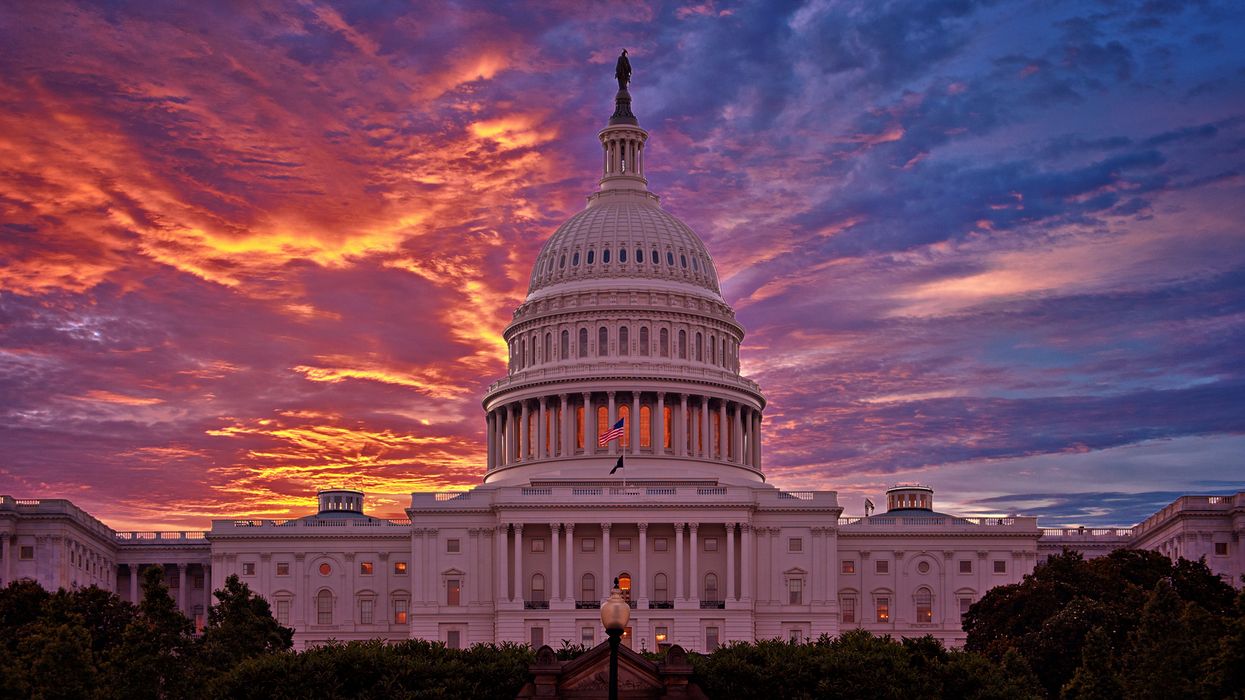In the latest episode of the “Politics in Question” podcast, Lee Drutman and Wallner James talk about Bonnie Tyler, Tina Turner and Americans' views of democracy. What is democracy? How do Americans view it? Do they think about democracy differently when it gets in their way? Does that make them "democracy hypocrites"? Why are Americans holding out for a hero in such moments? And does democratic self-government need another hero to make it work? These are some of the questions Lee and James ask.
The episode delves into the evolving dynamics of American politics, particularly focusing on the shifting attitudes towards democracy. The conversation touches on the polarization seen among Donald Trump’s supporters and the challenges arising when political leaders advocate actions that seemingly undermine democratic principles.
The speakers explore the concept that Americans are increasingly less interested in engaging in politics as a space for open debate and more inclined towards a desire for certainty and control. They discuss whether that shift in mindset is detrimental to democracy, as certainty becomes the enemy of democratic processes. The podcast emphasizes the need to make room for uncertainty, highlighting the importance of allowing individuals to be unsure, change their minds and engage in open discussions without seeking absolute certainty.
The conversation expands to discuss the role of democracy and the potential threats posed by an overwhelming focus on winning rather than engaging in meaningful, multidimensional and multiparty politics. The speakers argue for breaking the two-party system, advocating for a more nuanced and flexible political landscape that goes beyond a quest for a permanent majority.
They also call for a shift in perspective on American democracy, moving away from an attempt to fix it as if it were a problem and instead recognizing it as a dynamic space that requires multidimensional and multiparty engagement.




















Trump & Hegseth gave Mark Kelly a huge 2028 gift